
November 27 Rather than take the shortest route to Stalingrad, which runs initially along he River Don from its junction with the Chir, von Manstein choses the axis of the Kotelnikovo-Stalin-grad railway instead. His reasons are reported concentrations of Soviet troops astride the former and the problem of crossing the Don and the Chir. He decides to launch 'Winter Storm,' as it is code-named, on 3 December. (Messenger)

43BC Octavian, Antony and Lepidus form the triumvirate of Rome. (Bradley)


0511 Death: Clovis, king of the Franks. His kingdom will be divided between his four sons.
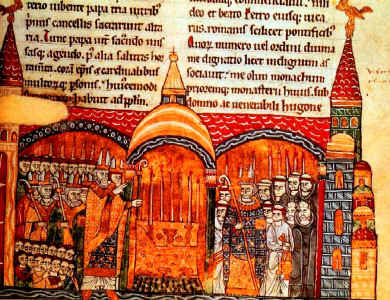
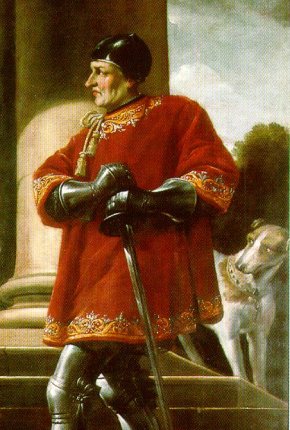
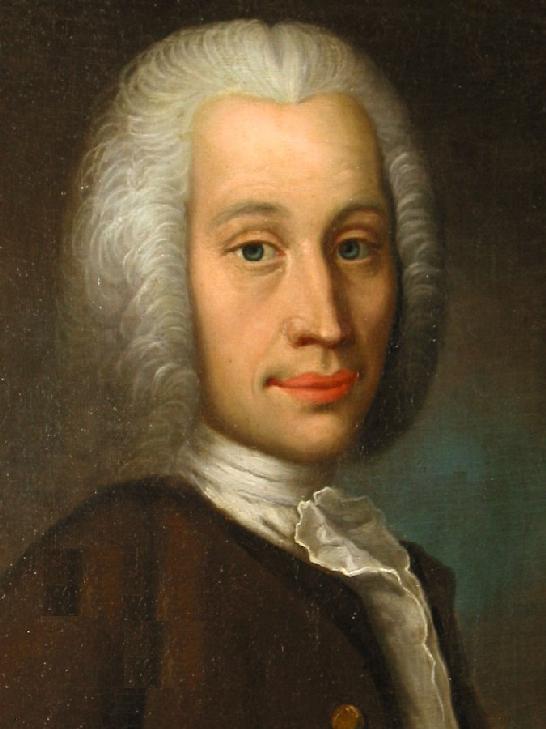
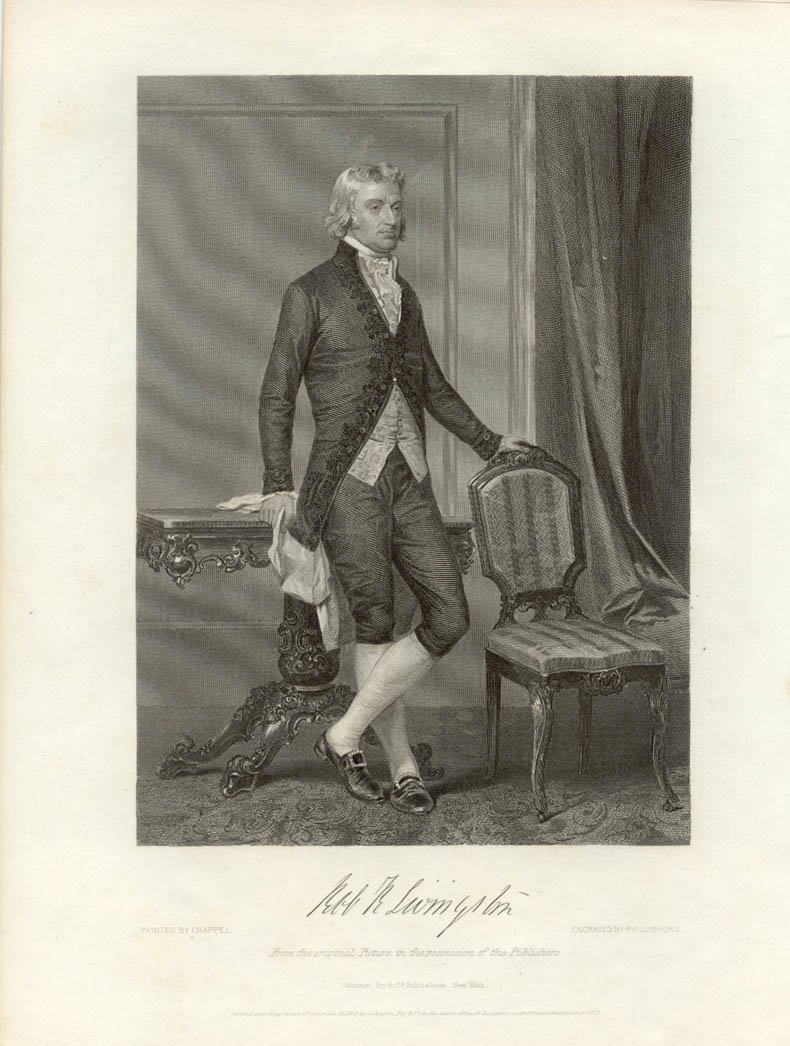
1755 Land for the first Jewish settlement in America is purchased by Joseph Salvador, who buys 10,000 acres near Fort Ninety-Six, in the southern part of the Carolina Colony. (Bradley)
1759 Town officials in Stratford-upon-Avon, England, evict the Reverend Francis Gastrell from William Shakespeare's home after he had cut down a 150-year-old tree that had been planted by the famed writer. (Bradley)

1779 US Revolutionary War: The Pennsylvania state government converts the College of Philadelphia, which it considers a Royalist institution, into the University of the State of Pennsylvania, thus creating both America's first state school and America's first official university. Located in west Philadelphia, the College of Pennsylvania was first founded as a charity school for Philadelphia children in 1740. In 1749, Benjamin Franklin proposed that the school be expanded into the "Publick Academy of Philadelphia," an institution of higher education that would educate Philadelphians in both the liberal arts and practical skills necessary to make a living. In September of 1777, the British captured Philadelphia and occupied the city for nine months, making a number of changes to the College of Philadelphia which are reversed with the formal establishment of the University of the State of Pennsylvania on this day. In 1791, the school will become a privately endowed institution and take the name of the University of Pennsylvania. (Bradley)

1815 Cracow, in Poland, is declared a free republic.
1817 Seminole War: US soldiers attack a Florida Indian village, beginning the conflict.
1826 Jebediah Smith's expedition reaches San Diego, becoming the first Americans to cross the southwestern part of the continent.
1839 The American Statistical Association is organized in Boston.

1857 Birth: Sir Charles Scott Sherrington, 1932 Nobel Laureate in Medicine & Physiology; author of the classic The Integrative Action of the Nervous System, discoverer of Sherrington's Law and coiner of the terms neuron and synapse.



1874 Birth: Chaim Weizmann, Zionist, first President of Israel.
1874 Birth: Charles A. Beard, distinguished American historian who will write the influential History of the United States.
1875 Birth: Franz Xaver Schwarz, one of the "Old Fighters" and a party member from its earliest days. Nazi party treasurer, 1925. Reich director, 1935. Will die in an Allied internment camp in 1947.
1887 US Deputy Marshall Frank Dalton, brother of the three famous outlaws, is killed in the line of duty near Fort Smith, Arkansas.
1889 After pledging that he will not frighten the horses, Curtis P. Brady is issued the first permit to drive an automobile through Central Park in New York City.
1890 The first signal box for the San Francisco Police Department goes into operation.

1898 Portland Gale: The Portland, a 291 foot coastal steamer that is the pride of the Portland Steamship Company, sinks off Cape Cod during a storm. It had gotten underway from Boston's India Wharf at 7pm, 26 November, en route to Maine, but sometime during the next 18 hours, the richly furnished side-wheeler with its 191 passengers and crew become victim to the 19th century's 'perfect storm.'
1904 The German colonial army defeats the Hottentots at Warmbad in southwest Africa.

1909 US troops land in Bluefields, Nicaragua, to protect American interests.
1910 New York's Penn Station opens as the world's largest railway terminal. The 28-acre train and transportation facility is the largest railway station in the world. Penn Station is still the busiest Amtrak rail station in the US.
1911 Volkishness: Hermann Pohl sends a circular to some fifty potential anti-Semitic collaborators, stating that the Hammer group in Magdeburg has already established a lodge upon appropriate racial principles with a ritual based on Germanic pagan tradition. Pohl urges his correspondents to join his movement and to form lodges of their own, adding that this project has the full support of Theodor Fritsch. (Bundesarchiv, Koblenz; Roots)
1912 The Spanish protectorate in Morocco is established.

1914 WW1: The first two trained policewomen to be granted official status in Britain, Miss Mary Allen and Miss E. F. Harburn, report for duty at Grantham, in Lincolnshire.
1919 A massive meteor lands in Lake Michigan.
1919 Bulgaria signs a peace treaty with the Allies at Neuilly, France, fixing war reparations, ceding territory to Yugoslavia, Romania, and Greece, and recognizing Yugoslavian independence.
1921 Birth: Alexander Dubcek, head of Czech Communist Party (1968-69).
1922 Allied delegates bar the Soviets from the Near East peace conference.
1924 New York City's Macy department store holds its first Thanksgiving Day parade down a two-mile stretch of Broadway from Central Park West to Herald Square. The parade features large performing platforms that, because they are attached to specially outfitted automobiles concealed beneath them, seem to float down Broadway. Each 'float' has a separate theme: some feature Macy's employees dressed as clowns, cowboys, sheiks, and knights, while others display live animals on loan from the Central Park Zoo. The event is created to boost holiday sales and to bring customers to Macy's new flagship store at Herald Square. With an audience of over a quarter of a million people, the parade is a great success, and is subsequently declared an annual event. In 1927, a new Macy's tradition will began with the introduction of large balloons in the shape of animal or cartoon characters. Felix the Cat will be Macy's first parade balloon. Although these literal 'floats' tended to command the center of attention, automobile-propelled floats continue until this day, perennial favorites being the Santa Claus float and the traditional Turkey float. Since 1950, the Macy's Thanksgiving Day Parade has been nationally televised, and millions of Americans tune in to the spectacle every year. (Bradley)

1924 Weimar: Hitler gives his first speech, in private at the Burgerbrau Keller, since his party was banned January 1924.

1925 Weimar: The Reichstag ratifies the Locarno treaties and authorizes the entrance of the Reich into the League of Nations.

1932 Death: Benigno Aquino Jr., Philippine opposition leader, assassinated.

1936 At Petrovaradim in Yugoslavia, the editor of an anti-Semitic newspaper modeled on Streicher's "Der Stürmer" is tried and acquitted. (Atlas)



1938 Soviet Jews in Moscow, Leningrad, Odessa and Kiev hold mass meetings protesting Kristallnacht.
1940 WW2: Two months after General Ion Antonescu seized power in Romania forcing King Carol II to abdicate, the pro-Nazi Iron Guard slaughters more than 60 aides of the exiled king, including former Prime Minister Nicolae Jorga, a former minister and acclaimed historian.
1941 US military authorities issue a war warning to their overseas commanders, including the Philippines and Pearl Harbor.
1941 WW2: The last Italian forces in Ethiopia surrender at Gondar.
1941 WW2: Hitler meets in succession with high officials from Spain, Hungary, Italy, Croatia, Bulgaria, Finland and Romania. (Architect)
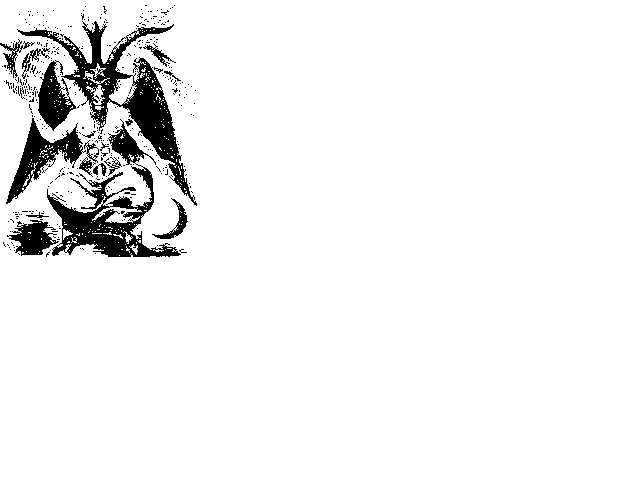


1941 Holocaust: By this time, more than 15,000 Jews have been deported from throughout Serbia to the concentration camp at Zemun west of Belgrade. (Atlas)
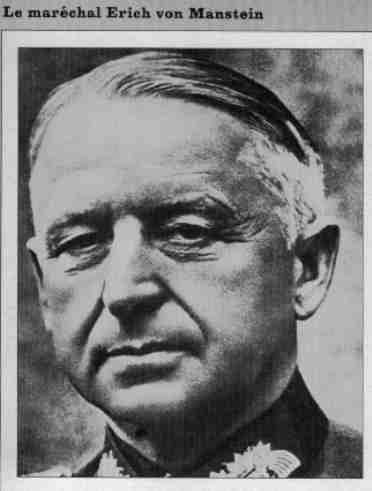


1945 General George C. Marshall is named special US envoy to China by President Harry Truman.
1950 Korea: East of the Chosin River, Chinese forces annihilate an American task force.
1951 At White Sands, New Mexico, the US Air Force launches the first rocket to intercept an airplane.

1957 The US Army withdraws from Little Rock, Arkansas, after forcing the integration of Central High School.
1958 The USSR unilaterally abrogates Allied wartime agreements on control of Germany.

1959 Demonstrators march in Tokyo to protest a 'defense treaty' with the United States.
1967 President Lyndon Johnson appoints Robert McNamara to the presidency of the World Bank.
1967 French President de Gaulle once again vetoes Britain's entry into the Common Market.
1971 The Soviet space probe Mars 2 becomes the first spacecraft to crash land on Mars.

1973 The US Senate confirms Gerald R. Ford as vice president after a vote of 92-3. Ford succeeds Spiro T. Agnew, who had resigned after pleading no contest to bribery charges.
1978 Death: San Francisco Mayor George Moscone and City Supervisor Harvey Milk, a gay-rights activist, are shot to death inside City Hall by former supervisor Dan White.
1985 The Republic of Ireland gains a consultative role in Northern Ireland.
1989 University of Chicago doctors implant part of a woman's liver in her 21-month-old daughter in America's first living donor liver transplant.
1990 John Major becomes British Prime Minister at 47, the youngest this century, succeeding Margaret Thatcher.
1990 It is reported on this date that former President Ronald Reagan's autobiography, A Life, is a financial catastrophe. Publisher Simon and Schuster paid the former actor and government leader $7 million as advance money for the book and a collection of his speeches. Out of the 500,000 copies produced, nearly 300,000 are returned to the publisher, forcing them to amend their advance-payment policy. (Bradley)
1992 The Venezuelan government quashes a coup attempt by rebel soldiers to overthrow Venezuelan President Carlos Andres Perez. Up to 50 people are killed, hundreds are wounded as the presidential palace is bombed.
1994 Bosnian Serbs take 150 UN peacekeepers hostage to prevent NATO air strikes.
1997 Tens of thousands of German students take to the streets of Bonn to protest the decline of Germany's higher education system.
1998 Answering 81 questions put to him three weeks earlier, President Clinton writes the House Judiciary Committee that his testimony in the Monica Lewinsky affair was 'not false and misleading.'



2001 Pakistani intelligence officers are sent to Afghanistan to assist in the manhunt for Osama bin Laden.

2001

2002

2003

2004

2004

2004

2004

Visit:




 Visit:
Visit:

Click Here to email the History: One Day At a Time webmaster.